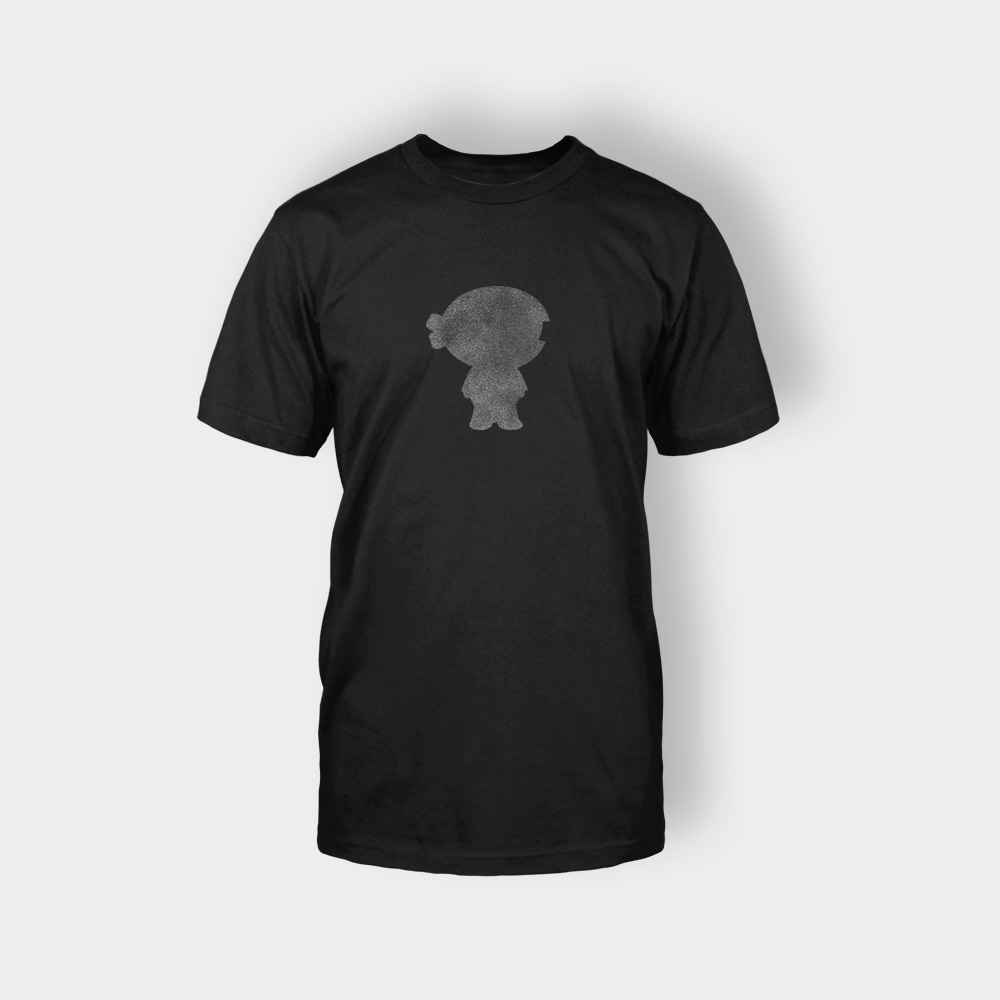By ‘Ronke Sanya
Drawing a line between who a blogger is and who a journalist is in the face of dawn of tech and increased online reporting in Nigerian society has become more controversial than definite.
Some schools of thought claim that journalists are more real than bloggers, while some believe bloggers are more prompt to write than tell the truth. Based on the definition of a journalist as someone who “tells objective truth, reports facts fairly, strives for balance, and discloses bias,” here are my perceived differences between a Nigerian journalist and blogger.
Technology has not changed the fundamentals:
Although it appears like technology has come to cause disruption in the media industry. Real journalists still exist. Journalists have opinions and do indepth researches. Journalists include Editorial writers, columnists and not just reporters.
Nigeria’s Code of Ethics:
A real a professional journalist conforms to the Nigeria’s code of ethics. Whether online reporting or traditional, the Nigeria’s code of ethics still exists and the real journalist knows this. The Code of ethics for Nigerian journalists stipulates that “Factual, accurate balance and fair reporting is the ultimate objective of good journalism. A good journalist “respects the privacy of individuals and their families,” “refrains from making pejorative reference to a person’s ethnic group, religion, sex or to any physical or mental illness or handicap”.
The ethics have not changed, accessibility has:
Journalists seeks to quote legitimate sources to turn opinions into reporting while a blogger on the other hand will quote based on perceived opinion and social media observation.
In previous years, (before I was born or ever thought of becoming a journalist) journalists I was told, depended on phone calls on land lines and treasured relationships that have direct telephone number as source of information gathering.
These days, the way of information gathering has changed as journalists can now easily use email and social media- Twitter.
Bloggers are more social media inclined and they rely solely on the comments box for feedback. This is where ‘Fairness’ comes in.
Fairness:
A piece of journalism, even an editorial or opinion piece, written by a trained and ethical journalist, at least attempts to give opposing sides or viewpoints an opportunity to respond before the article or program is published.
However, a blogger just publishes, one-sided or not, assuming that if anyone wants or needs to respond they can do so in the comments box. But, the question to ask is, Is it fair that a blogger pushes the other side to the comments?
Consumption and Engagement:
Blogging and journalism are targeted at same audience with different intention. Traditional media is produced for majorly for consumption of the targeted audience while Today’s media is produced for engagement.
While trying to highlight the difference between a journalist and a blogger in Nigeria media industry characterized with both professional and unprofessional, budding and veteran journalists. I will like to say again and again that, traditional journalism isn’t going away! It ain’t going nowhere!
Even if the today’s media seems a threat to the future existence of traditional media, we still need trained, ethical and balanced journalism to serve the purpose of fairness and truthful, and reliable reportage.

